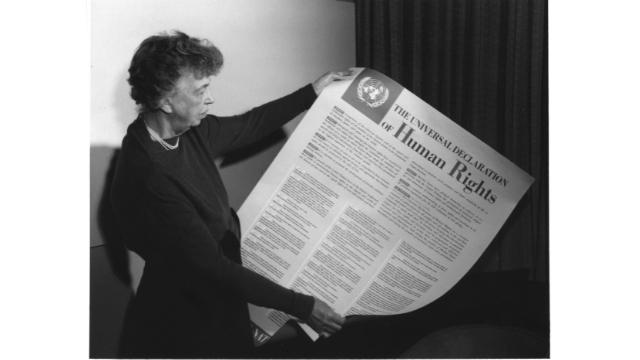02/11/2022 DONALD WESTBROOK
Fraternity is proactive rather than reactive. Let us stand together for the rights of Tai Ji Men and other persecuted minorities.
by Donald Westbrook*
*Conclusions of the seminar “The Call to Fraternity and the Tai Ji Men Case,” co-organized by CESNUR and Human Rights Without Frontiers, Walnut, California, February 5, 2022, after the International Human Fraternity Day (February 4).

It is an honor to help conclude this seminar today, and I hope you have benefited— as I have—from not only our esteemed guests in law, academia, non-profit sectors, and human rights—but also members and witnesses from Tai Ji Men itself.
Fraternity, brotherhood, sisterhood— our common bonds, congeniality, peace, cooperation, tolerance, mutual support as human beings in our pluralistic world—are all more incredibly important in our day and age, an age of information but too often misinformation as well.
We are fortunate enough to benefit from the connectivity in our digital age, for instance on Zoom and social media, which allows us to be together and for others to watch later. But it is also important that we maintain that sense of fraternity on a global scene in our awareness of the legal and human rights concerns of groups such as Tai Ji Men. From my study of the literature and materials produced by Tai Ji Men, including these videos we have watched today, this is also very important to Dr. Hong and the dizi.
I am hopeful that Taiwan will indeed hear the calls from Tai Ji Men, those on this seminar, and supporters around the world and bring about long overdue justice—righting a wrong and returning confiscated land.

I would like to see this as a scholar of religion, yes, certainly, but also as a human being, and as a reflection of a most basic rule: treat others as you would like to be treated. And this includes working together and not just standing by when an injustice occurs. Indeed, fraternity is active rather than passive, proactive rather than reactive, and I think it is in that spirit that we celebrate the International Human Fraternity Day and what it actually stands for in our lives and those around us.
And of course, we see this reflected as well in other sources such as the UN Universal Declaration of Human Rights—article 18 that I know many here know well but deserves repeating: “Everyone has the right to freedom of thought, conscience and religion; this right includes freedom to change his religion or belief, and freedom, either alone or in community with others and in public or private, to manifest his religion or belief in teaching, practice, worship and observance.”

Thank you to all of the speakers, participants, and organizers today, and let us all continue to work toward a just future, both for Tai Ji Men in Taiwan and other minority religious groups around the world. Thank you all again, in the spirit of fraternity and also of religious liberty and human rights awareness, and, most importantly, of making it a lived reality in our world, wherever injustice remains.
Source: Bitter Winter
